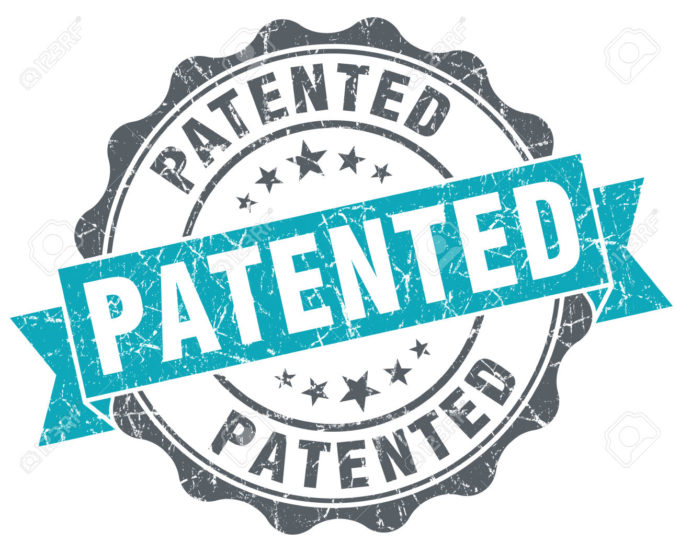Rearden LLC v. Walt Disney Co., No. 17-cv-04006-JST (N.D. Cal. February 21, 2018)
What if Disney, in creating its live-action Beauty and the Beast remake, did not own the intellectual property (“IP”) rights for its iconic Beast character? This was one of the many questions Judge Tigar of the US District Court for the Northern District of California was forced to consider in ruling on motions to dismiss Rearden LLC’s trilogy of infringement claims against major movie studios Disney, Fox, and Paramount.
Rearden is a Silicon Valley technology incubator and the developer of the MOVA Contour Reality Capture Program (“MOVA”), a motion capture software program that “precisely captures and tracks the 3D shape and motion of a human face to sub-millimeter precision.” See Rearden LLC v. Walt Disney Co., No. 17-cv-04006-JST (N.D. Cal. February 21, 2018). The company has pursued an aggressive litigation strategy over the past few years to defend its MOVA technology. In the wake of a recent victory over a Digital Domain subsidiary, Digital Domain 3.0 (“DD3”), that secured Rearden’s IP rights to MOVA, Rearden brought this lawsuit against the three blockbuster producers who had contracted with DD3 to use MOVA in their productions, alleging three separate lines of claims.
First, Rearden contended that because its software did the “lion’s share” of the work in translating animator inputs into digital outputs, MOVA creations—and hence the computer-generated characters (“CGCs”) from many blockbuster films—belonged to the software programmer rather than the end user. Judge Tigar dismissed this copyright claim, asserting that the work of the animators was not “marginal,” as Rearden had suggested.
Second, Rearden alleged twin patent claims for direct infringement and active inducement. The District Court rejected the plausibility of the studios’ direct infringement, reasoning that “it would stretch the boundaries of the patent law past their breaking point to equate a contract to provide services with the use of a system.” However, the Court allowed the active inducement allegation to proceed to discovery, drawing reasonable inferences in favor of Rearden and suggesting that although the allegations were “inarguably thin,” it is plausible Disney became aware of the patents when conducting due diligence before entering into its contract with DD3.
Third, the studios faced trademark infringement claims for inserting the MOVA name into the end credits and promotional materials for blockbusters including Deadpool and Guardians of the Galaxy. The judge sided with Rearden at the pleading stage, stating that it was possible that viewers could “believe that Rearden endorsed” the films by seeing the MOVA technology appear in the credits.
Experts who are worried about the potential effects of a contrary and unprecedented decision have applauded Tigar’s dismissal of Rearden’s copyright claim. Among them, IP Lawyer Ethan Jacobs supports the ruling, stating that “[t]his decision maintains the status quo and everyone’s common-sense understanding of how software works.” Advocates for movie studios from The Hollywood Reporter have also highlighted the absurd consequences such a theory of IP rights could produce, hypothesizing that Rearden’s reasoning could lead to Adobe owning all photoshopped images, and Microsoft owning the intellectual property rights for every Word document created on its platform. Obviously, this argument suffers from a slippery slope fallacy—sitting at my computer writing this on Word, I would myself feel marginalized were my contributions to this post deemed so inconsequential that Microsoft owned the post.
And yet, one cannot help but wonder what this could mean for the future of software technologies. In Design Data Corp. v. Unigate Enterprise, No. 14-16701 (9th Cir. 2017), the Ninth Circuit left open the question of whether copyright could extend to a program’s outputs in certain contexts. Similar lawsuits could be on the horizon as software increasingly marginalizes the role of end users in developing outputs. Still, Photoshop experts do not have to worry… yet. Scott Graham of law.com suggests that the “lion’s share” test articulated by the Ninth Circuit will likely be a very difficult standard for developers to meet. Nevertheless, like Rearden’s patent and trademark infringement claims, programmers’ copyright infringement claims might one day become plausible. As the capacity of software to autonomously render CGCs improves, it is possible that programmers like Rearden could one day create the lion’s share of—and thus own the IP rights to—our beloved characters from the big screen.
Brian Kulp is a 1L student at Harvard Law School.
